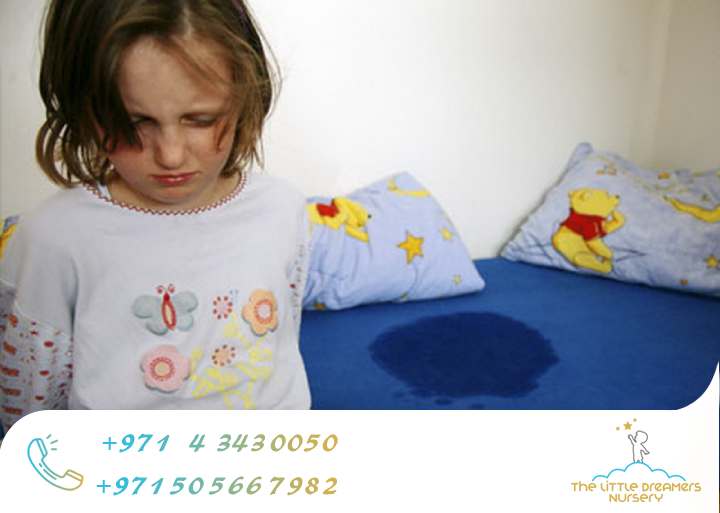Bed-wetting, also known as enuresis, is a common childhood concern. It’s important to remember that most children outgrow bed-wetting by themselves, and it’s rarely a cause for major alarm. However, it can be frustrating and embarrassing for both the child and the parent. If you’re looking for tips for overcoming bed-wetting and wondering how to stop bed wetting at age 7 or any other age, this guide is here to help.
This guide offers bedwetting solutions and provides general advice. It’s important to note that every child is different, and what works for one may not work for another. Additionally, some cases of bed-wetting might have underlying medical reasons, so consulting a doctor is always recommended, especially if bed-wetting is persistent or accompanied by other symptoms.
Understanding Bed-Wetting
Bed wetting causes can vary. Here are some common reasons:
- Immature bladder: Young children’s bladders may not be able to hold urine throughout the night.
- Deep sleep: Some children sleep so soundly that they don’t wake up when their bladder is full.
- Small bladder capacity: A child’s bladder might not be able to store a large amount of urine.
- Hormonal imbalance: A lack of a hormone called vasopressin can lead to increased urine production at night.
- Medical conditions: In some cases, bed-wetting can be a symptom of a urinary tract infection (UTI) or diabetes.
- Psychological factors: Stress, anxiety, or major life changes can contribute to bed-wetting.
4 year old wetting bed on purpose is unlikely. At this age, children may not have full control over their bladder and may not understand the social implications of bed-wetting. 4 year old bed wetting every night is also quite common.
Tips for Overcoming Bed-Wetting
Here are some strategies to help your child overcome bed-wetting:
- Limit fluids before bedtime: Avoid giving your child large amounts of fluids, especially caffeinated drinks like soda or juice, within two hours of bedtime.
- Double voiding: Encourage your child to use the bathroom right before bed and again after they get into bed and have a story or quiet time.
- Nighttime toileting: For some children, waking them up once in the middle of the night to use the bathroom can be helpful. Start by waking them up earlier in the night and gradually adjust the time towards morning.
- Positive reinforcement: Focus on praising your child for dry nights instead of scolding them for accidents. A sticker chart or reward system can be a fun way to motivate them.
- Bladder training: This involves helping your child learn to control their bladder muscles. Talk to your doctor about exercises or strategies that might be helpful.
- Waterproof mattress pad: A waterproof pad can protect your mattress and make cleanup easier.
- Comfortable, absorbent clothing: Avoid putting your child in diapers at night. Opt for pajamas made from breathable, absorbent materials like cotton.
- Open communication: Talk to your child openly and honestly about bed-wetting. Reassure them that it’s common and that they’re not alone.

Setting Realistic Expectations
Stop bed wetting in 7 days might not be a realistic goal. Be patient and understanding. Bed-wetting can take time and effort to overcome. Celebrate small victories, and focus on progress, not perfection.
Here are some additional points to keep in mind:
- Accidents happen: Don’t get discouraged if your child has an accident. Remind them that everyone makes mistakes and focus on moving forward.
- Address underlying issues: If you suspect stress, anxiety, or other emotional factors might be contributing to bed-wetting, talk to your child’s doctor about possible solutions.
- Seek professional help: If bed-wetting persists or you’re concerned about your child’s health, consult a doctor. They can rule out any underlying medical conditions and provide personalized bed wetting advice.
Remember, bed-wetting is a common childhood issue. By offering support, understanding, and implementing some of these tips, you can help your child overcome bed-wetting and gain confidence.

Conclusion
Bed-wetting can be a frustrating experience for both children and parents. However, with patience, understanding, and the right approach, most children will eventually overcome this challenge. Remember, you’re not alone in this journey. There are many resources available to help you and your child.
Focus on creating a positive and supportive environment. Celebrate small victories, and avoid punishment for accidents. By working together, you can help your child develop the skills and confidence they need to stay dry at night.








